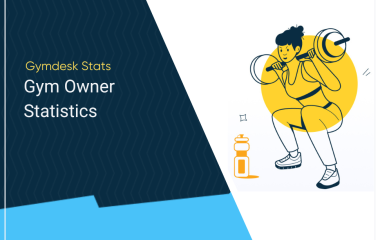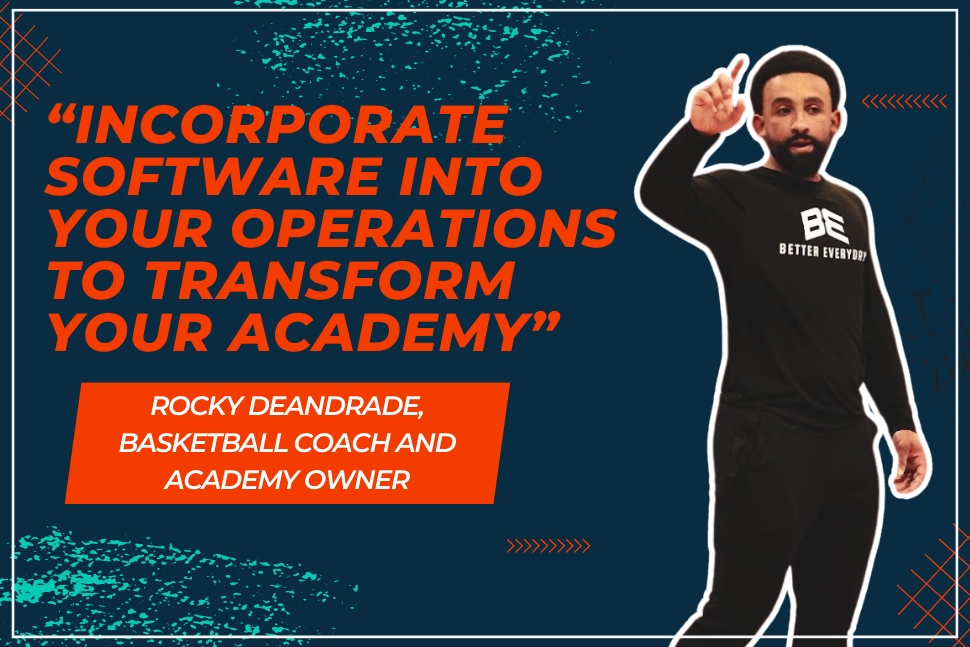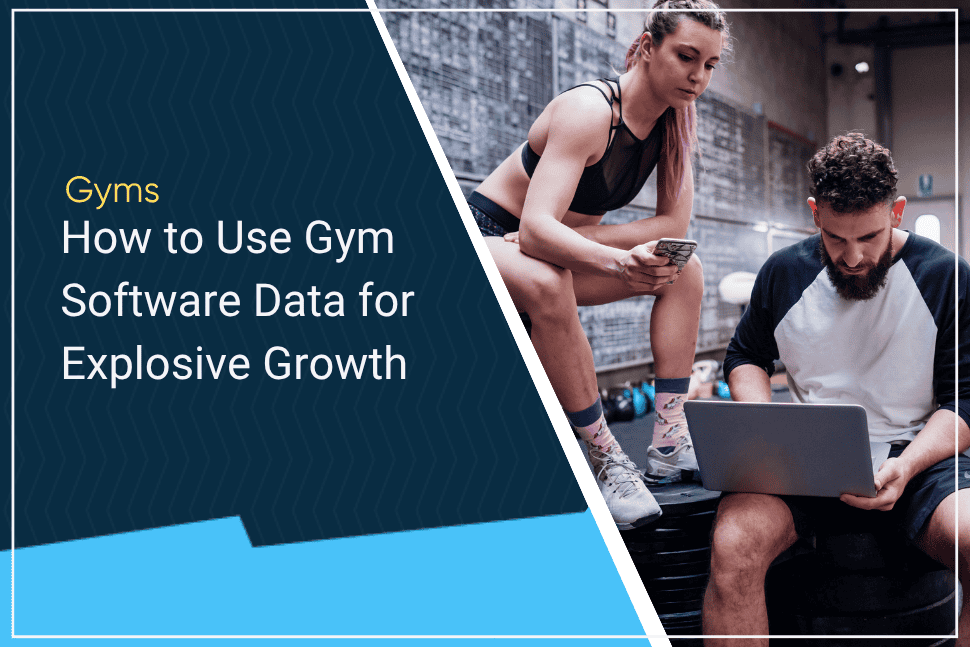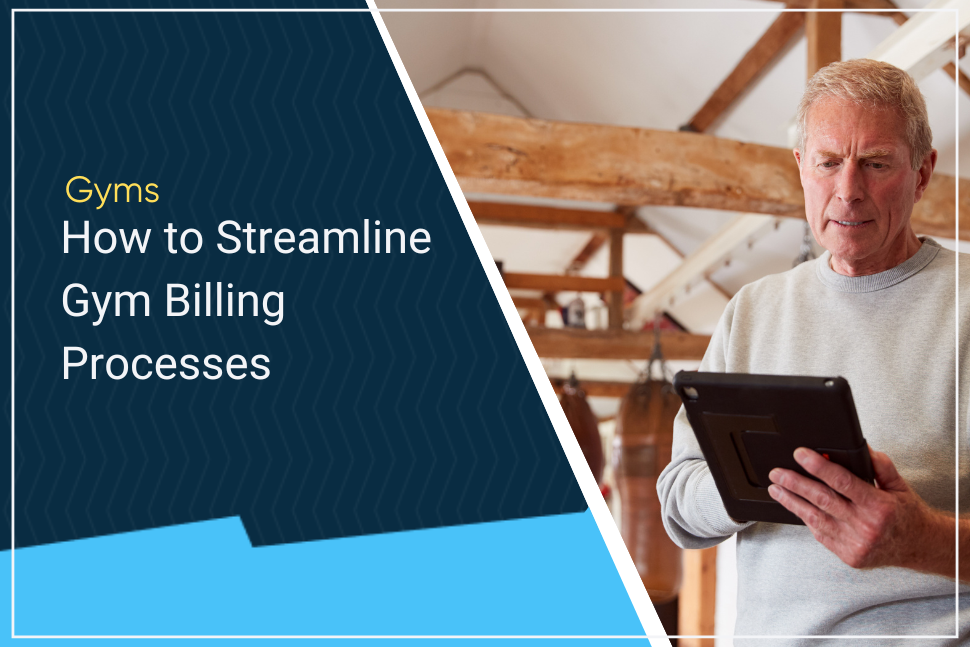Our hero today is Rocky DeAndrade, a coach and life long basketball enthusiast. In this episode, Rocky gives us an inside look at his basketball academy, a comprehensive program for developing better athletes across age groups. He unpacks how Gymdesk software has made his life easier and helped him run the academy like a pro.
He also reveals how he’s built a viable business from the ground up with word of mouth and organic social media and without sinking a lot of precious budget into running ads.
How to Successfully Launch Your Basketball Academy
Launching a basketball academy can seem like a daunting task, requiring significant financial investment and logistical planning. However, there are strategic ways to mitigate these challenges:
- Leverage Existing Facilities: If you’re just starting, consider partnering with existing sports facilities. This not only saves on the massive overhead cost of building or renting your own space but also provides a steady flow of clientele already frequenting the facility. This approach mitigates risks and fosters advantageous partnerships.
- Offer Comprehensive Programs: It’s crucial to structure your programs to cater to varying commitment levels. Membership tiers that range from pay-per-session to more intensive monthly plans ensure you accommodate both casual enthusiasts and serious athletes. This scalable approach helps build a steady income stream while providing value to all participants.
Structuring Your Training Programs
Having a clear and structured training program is essential for the consistent development of your athletes. Here’s how to effectively structure these programs:
- Tailored Training Plans: As coaches, understanding each athlete’s skill level and tracking their progress is vital. This involves creating personalized development plans that focus on individual strengths and areas needing improvement. By leveraging gym management software, you can maintain detailed records of each athlete’s progress and easily adapt their training regimen as necessary.
- Curriculum Design: A structured curriculum that spans over extended periods (like monthly cycles) helps maintain consistency in training. Incorporate essential skills like dribbling, shooting, passing, and defense into the curriculum. Using software tools to plan and monitor these curriculums can assist in delivering a cohesive training experience.
- Flexibility and Adaptation: While sticking to a curriculum is important, it’s equally crucial to adapt training sessions based on real-time observations. This ensures athletes receive the immediate support they need, whether they are lagging behind or progressing faster than anticipated.
Importance of Off-Court Development
Developing a well-rounded athlete goes beyond physical training on the court. Here are key aspects to consider:
- Mental and Emotional Support: Athletes, especially young ones, need holistic development that includes mental and emotional support. This involves being a mentor and sometimes a therapist, helping them navigate life’s challenges which, in turn, influences their performance on the court.
- Setting Goals: Encourage athletes to set and document their goals. This simple practice can significantly impact their focus and motivation. Tools provided by gym management software can assist in tracking these goals and reflecting on progress, providing a structured approach toward achieving them.
Utilizing Gym Management Software
Incorporating a gym management software into your operations can transform how you run your academy. Here’s how:
- Streamlining Administrative Tasks: Gym management software like GymDesk automates many of the mundane tasks such as scheduling, payments, and attendance tracking. This not only saves you time but also reduces the likelihood of errors and ensures your administrative operations run smoothly.
- Centralized Communication: Effective communication with your clients is paramount. GymDesk allows you to manage all client interactions within one platform, making it easier to send updates, schedule changes, and important announcements. This centralized communication ensures nothing falls through the cracks.
- Content Management: Uploading and organizing training videos and instructional content helps your athletes maintain consistency in their training outside of scheduled sessions. By segmenting content by skill type or level, you provide a tailored learning experience that athletes can engage with remotely, reinforcing what they’ve learned during sessions.
- Time Management: GymDesk helps free up your time by allowing you to schedule sessions months in advance. This efficiency gives you more time to focus on coaching and growing your business rather than getting bogged down in administrative work.
Growing Your Basketball Academy
To sustain and grow your basketball academy, consider these strategies:
- Effective Marketing: Leverage social media to showcase your training programs, success stories, and the unique benefits your academy offers. Consistent and authentic engagement on platforms like Instagram helps attract new clients and retain existing ones.
- Organic Growth: Word-of-mouth referrals are incredibly powerful. Deliver high-quality training and create a positive environment where players and their parents feel valued. Satisfied clients will naturally spread the word, leading to organic growth.
- Client Engagement: Continuously engage with your athletes and their parents. Whether through regular progress updates, personalized feedback, or community events, staying connected fosters a sense of belonging and enhances client retention.
The Role of Communication in Successful Academy Management
Communication lies at the heart of any successful training program. Here’s how you can enhance communication within your academy:
- Team Collaboration: Regular meetings with your coaching staff are crucial. These meetings should focus on evaluating current programs, discussing athlete progress, and brainstorming new strategies. Clear and ongoing communication within your team ensures everyone is aligned with the academy’s goals and methodologies.
- Client Updates: Keep your clients informed about their progress, upcoming events, and changes in schedules through automated emails or app notifications. Gym management software can manage these communications seamlessly, ensuring your clients are always in the loop.
- Feedback Mechanisms: Always encourage feedback from both athletes and their parents. Understanding their concerns and suggestions helps you continually improve your programs and address any issues promptly.
Conclusion
Running a basketball academy entails more than just coaching; it involves strategic planning, effective communication, and leveraging technology like gym management software to streamline operations. By implementing structured training programs, focusing on off-court development, and utilizing tools like GymDesk, you can efficiently manage your academy and provide exceptional value to your athletes.
For those interested in learning more or connecting further, you can reach out to Rocky DeAndrade via Instagram at rocksteadyd3 or the academy’s page at MPC Hoops. For direct inquiries, you can visit their website or email at [email protected].
By integrating these practices, you’ll be well on your way to running a successful and impactful basketball academy.
 Gym Owner Statistics: The State of Gyms, Member Trends, and Usage Data
Gym Owner Statistics: The State of Gyms, Member Trends, and Usage Data



